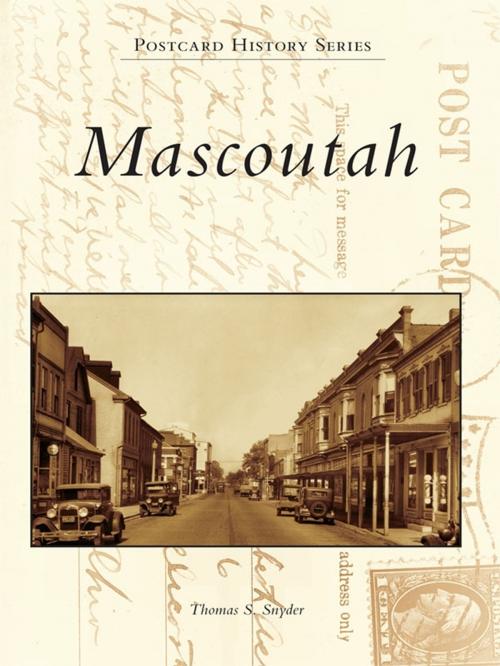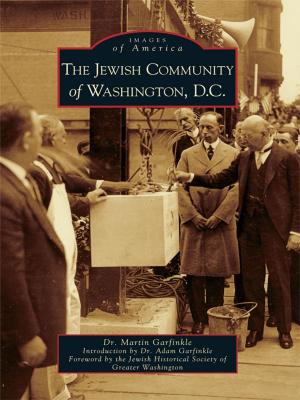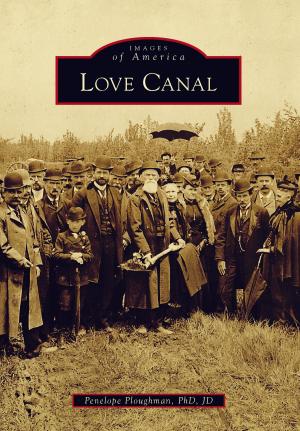Mascoutah
Nonfiction, Art & Architecture, Photography, Pictorials, Travel, History, Americas, United States| Author: | Thomas S. Snyder | ISBN: | 9781439640975 |
| Publisher: | Arcadia Publishing Inc. | Publication: | October 11, 2010 |
| Imprint: | Arcadia Publishing | Language: | English |
| Author: | Thomas S. Snyder |
| ISBN: | 9781439640975 |
| Publisher: | Arcadia Publishing Inc. |
| Publication: | October 11, 2010 |
| Imprint: | Arcadia Publishing |
| Language: | English |
German emigrants established Mascoutah in 1837, naming it after the Mascouten Indians. Despite being located in an area filled with swamps, snakes, and disease, the village prospered, owing primarily to a flour mill that drew farmers into town. This brought customers to merchants and tradesmen. By the 1850s, Mascoutah was thriving and had established itself as the social and cultural center of the surrounding area. By 1900, it was the third-largest town in St. Clair County and one of the most progressive. World War I, the establishment of Scott Air Force Base, Prohibition, and the Great Depression soon altered the course of Mascoutah�s history, but the town retained its resiliency. For over 170 years, Mascoutah has grown and adapted to meet a changing world, retaining its small-town flair and pride in its German heritage.
German emigrants established Mascoutah in 1837, naming it after the Mascouten Indians. Despite being located in an area filled with swamps, snakes, and disease, the village prospered, owing primarily to a flour mill that drew farmers into town. This brought customers to merchants and tradesmen. By the 1850s, Mascoutah was thriving and had established itself as the social and cultural center of the surrounding area. By 1900, it was the third-largest town in St. Clair County and one of the most progressive. World War I, the establishment of Scott Air Force Base, Prohibition, and the Great Depression soon altered the course of Mascoutah�s history, but the town retained its resiliency. For over 170 years, Mascoutah has grown and adapted to meet a changing world, retaining its small-town flair and pride in its German heritage.















